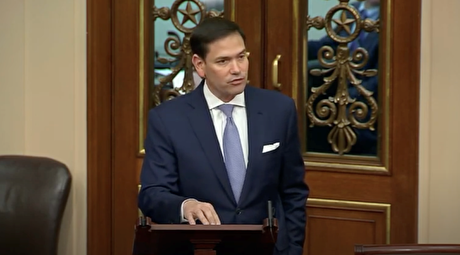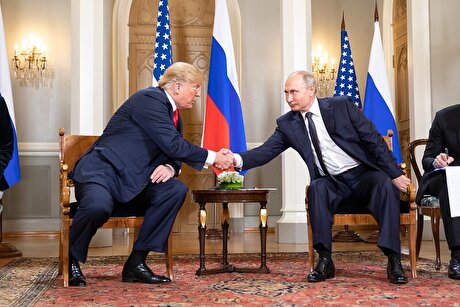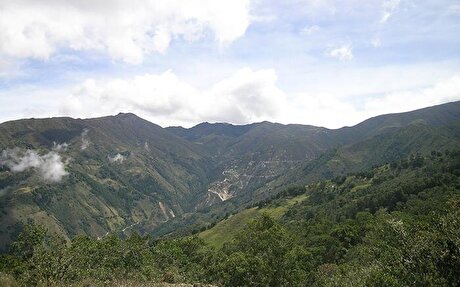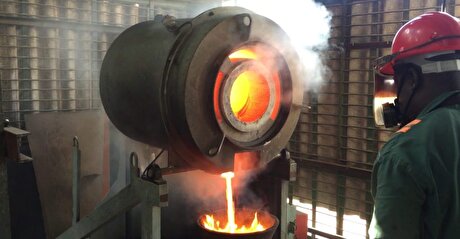
Brazil sinks into fresh political crisis

Justice minister Sergio Moro, a prominent member of far-right president Jair Bolsonaro's cabinet and the crusading judge who prosecuted the sweeping Lava Jato corruption case, resigned today. In a high-profile press conference, Moro issued a fusillade of accusations against his erstwhile boss.
For Brazil's oil industry led by state-controlled Petrobras, Moro's departure potentially opens a new period of political instability.
The industry has enjoyed a period of relative calm since former vice president Michel Temer adopted pro-business reforms after he replaced impeached president Dilma Rousseff in 2016. A series of successful upstream auctions starting in 2017 put Brazil back on the oil map after a five-year hiatus.
Bolsonaro's January 2019 inauguration consolidated most of the reforms ushered in by Temer, but the oil industry has been lobbying for more, including the elimination of production-sharing terms for coveted pre-salt acreage.
In common with most other economic sectors, the oil industry cautiously embraced Boslonaro in the 2018 election, and welcomed a laissez faire approach espoused by his economy minister Paulo Guedes and mines and energy minister Bento Albuquerque. The latter is one of several military figures that Bolsonaro brought into his administration.
After years of nationalist policies that sowed conditions for the massive corruption uncovered by Moro and his team in the historic Lava Jato corruption probe, Petrobras has been selling off assets and focusing more narrowly on pre-salt development, leaving room for more private-sector participation in oil and gas.
Despite campaign criticism of Petrobras' market-based fuel pricing policy, Bolsonaro has largely steered clear of meddling in the company's decision making, breaking with a long pattern of state interference that culminated in Rousseff-era gasoline price controls.
Moro's noisy departure and his claims that Bolsonaro has interfered in federal police investigations are likely to cost the polemical leader some of the credibility he gained by incorporating the former federal judge into his cabinet last year. Recent battles with the legislative and judicial branches have since earned Bolsonaro numerous influential political foes, raising speculation that he could go down Rousseff's impeachment path.
In a speech tonight, Bolsonaro said he was "disappointed and surprised" by Moro's accusations. "My commitment is to the truth, without distortions," he said, denying any interference in the judicial branch. Parallel to the speech, federal prosecutors filed a request with the country's high court to investigate Moro's allegations.
The political tumult compounds a controversy over the Brazilian government's handling of the Covid-19 pandemic. A patchwork of social restrictions imposed by local governments, and Bolsonaro's own flouting of social distancing recommendations, have left the country vulnerable to widespread contagion, health policy experts say.
Brazil is a leading non-Opec crude supplier, with most crude output flowing into China before the dual supply and demand crises erupted in March.
By Nathan Walters


Codelco seeks restart at Chilean copper mine after collapse

Uzbek gold miner said to eye $20 billion value in dual listing

Hudbay snags $600M investment for Arizona copper project

BHP, Vale offer $1.4 billion settlement in UK lawsuit over Brazil dam disaster, FT reports

Peabody–Anglo $3.8B coal deal on the brink after mine fire

Minera Alamos buys Equinox’s Nevada assets for $115M

SSR Mining soars on Q2 earnings beat

Century Aluminum to invest $50M in Mt. Holly smelter restart in South Carolina

A global market based on gold bars shudders on tariff threat

Samarco gets court approval to exit bankruptcy proceedings

US eyes minerals cooperation in province home to Reko Diq

Allegiant Gold soars on 50% financing upsize

Explaining the iron ore grade shift

Metal markets hold steady as Trump-Putin meeting begins

Trump to offer Russia access to minerals for peace in Ukraine

Gemfields sells Fabergé luxury brand for $50 million

Gold price stays flat following July inflation data

Eco Oro seeks annulment of tribunal damage ruling

Zimbabwe labs overwhelmed as gold rally spurs exploration, miner says

Samarco gets court approval to exit bankruptcy proceedings

US eyes minerals cooperation in province home to Reko Diq

Allegiant Gold soars on 50% financing upsize

Explaining the iron ore grade shift

Metal markets hold steady as Trump-Putin meeting begins

Trump to offer Russia access to minerals for peace in Ukraine

Gemfields sells Fabergé luxury brand for $50 million

Gold price stays flat following July inflation data

Eco Oro seeks annulment of tribunal damage ruling














